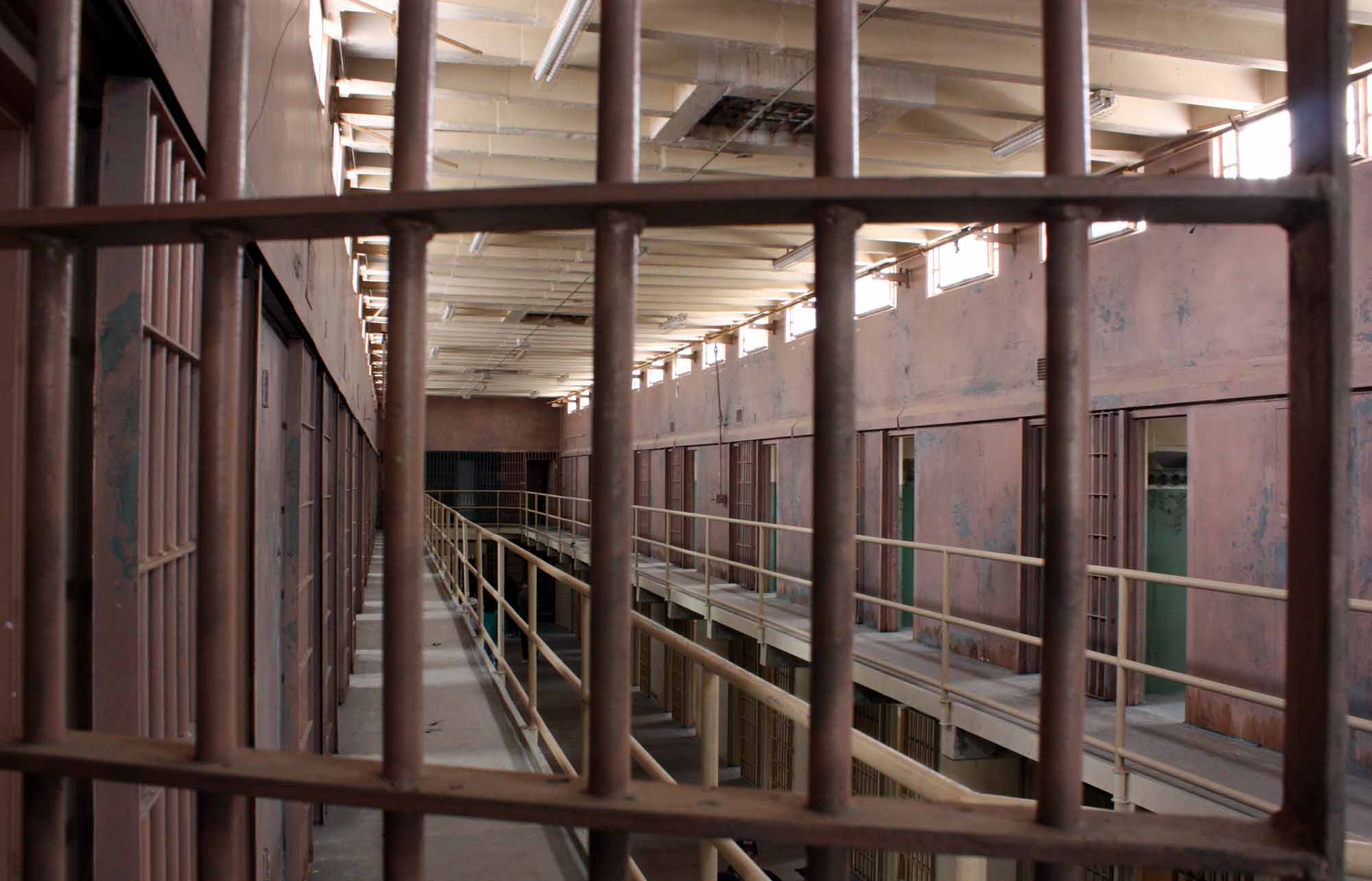
In 1989, two radicalized young Canadians, David Spencer and Christine Lamont, were jailed for the political kidnapping of a wealthy Brazilian businessman. From their prison cells in São Paulo they insisted on their innocence and begged help from Ottawa to free them from a 28-year sentence. Nine years later, after admitting their guilt and apologizing for their lies, the two were transferred to Canadian prisons and paroled the following year.
Latin America
David Spencer grew up in Moncton, New Brunswick. After high school he moved to Vancouver, where he met his girlfriend Christine Lamont, from Langley, British Columbia. It was the early 1980s and the Cold War was in full swing. Central America was a political and military battleground between socialist and right-wing forces, each backed by foreign superpowers. Lamont was a student at Simon Fraser University, and it was partly there that she and Spencer became involved in leftist, activist politics in Vancouver. They met refugees from war-torn El Salvador, and also members of the Frente Farabundo Martí para la Liberación Nacional (FMLN) – Farabundo Martí National Liberation Front — a guerrilla movement fighting to overthrow the El Salvador military dictatorship.
Determined to help the Salvadoran cause, Spencer and Lamont moved to Toronto and then Ottawa to work with an El Salvador aid organization. They then left Canada and moved to Nicaragua, where they worked at a radio station in support of the FMLN and became more deeply involved in its political and military cause. (The pair would later be accused of training at a military camp in Nicaragua, but Spencer has denied this.) While in Nicaragua, Spencer, 26, and Lamont, 30, were recruited into a scheme to raise money for an FMLN military offensive. The money was to be raised from the kidnapping of Abilio Diniz, a Brazilian grocery store tycoon. The Canadians' role was to provide cover for the kidnapping by renting a house in São Paulo, Brazil's largest city, where Diniz would be taken.
Kidnapping
In a newspaper interview years afterwards, Spencer said he and Lamont were "asked if we would go and participate in this operation in Brazil. It was to be extremely delicate, extremely dangerous, could involve loss of life, and so on." Along with the two Canadians, the 10 kidnappers also included Argentinians, Chileans and one Brazilian.

Diniz was abducted in December 1989 and held captive in the suburban São Paulo house rented and lived in by Spencer and Lamont. A US$30-million ransom was demanded. Six days later, under siege by police, the kidnappers released Diniz unharmed and surrendered. Spencer and Lamont emerged from the house and would later profess their innocence at trial, saying they had no idea that a high-profile kidnap victim was being held in the basement of the home.
Claims of Innocence
The kidnappers all went to jail. The Diniz abduction had occurred at a sensitive time in Brazilian history. The country was on the eve of its first democratic elections in decades, and one of the central political issues was the need to combat rampant crime – including a spate of gangland kidnappings that had dogged the country. The Diniz abduction was politically, not criminally, motivated, but that made little difference to Brazilian authorities.
Initially, Spencer was sentenced to 10 years in prison and Lamont to eight. However, in 1991 following a failed appeal of their convictions, those sentences were each hiked to 28 years in maximum-security mens' and womens' prisons in São Paulo – punishment considered extreme even by Latin American standards. All legal appeals for day parole, or transfers to lower-security prisons, were denied.
In Canada, the Spencer and Lamont families lobbied the Canadian government to help free their children from what they insisted was a miscarriage of justice. The New Democratic Party (NDP), the CBC and other Canadian media outlets took up the cause, portraying Spencer and Lamont as the suffering victims of a corrupt and backward Brazilian judicial system. "I see a picture here," said NDP MP Ian Waddell, "of young radicals, leftists, who are put in a hellhole in prison, convicted on evidence that wouldn't be convicted by a Canadian judge and jury."
Despite the support of many in Canada, the Conservative government of Prime Minister Brian Mulroney refused to officially intervene in the case. As their years of imprisonment dragged on, Spencer and Lamont continued to maintain they had nothing to do with the Diniz kidnapping.
Admission of Guilt
By 1993, the political and military battles in Central America had mostly come to an end. That year, a secret bunker in Managua, the Nicaraguan capital, mysteriously exploded, revealing a storehouse of old weapons and documents from several left-wing, former revolutionary groups, including the FMLN. Among the documents were photographs of Spencer and Lamont, as well as documents belonging to them including passports, credit cards, false media credentials, and letters written to their families in Canada with false information aimed at disguising the pair's journey to Brazil. The documents raised serious doubts, even among Spencer and Lamont's Canadian supporters, about their innocence.
In 1996, three former leaders of the Movimiento de Izquierda Revolucionaria, an old Chilean guerrilla group, told a Brazilian magazine that they had orchestrated the Diniz kidnapping along with the FMLN. After that public admission – which apparently freed Spencer and his co-kidnappers from private vows not to talk openly about their crime – he and Lamont admitted their guilt for the first time.
"It's true, I committed a serious crime," Spencer told the New Brunswick Telegraph-Journal newspaper from his prison cell, soon after his admission. "I did it for strictly political motivations… Kidnapping is not heroic; it's nothing to be proud of, not at all… I'd like to apologize to any Canadians who may have been misled by our false claims of innocence."
Return to Canada
The pair's admission embarrassed many Canadians, especially those who had campaigned to free them on the basis of their professed innocence. Although Spencer said his family knew the truth about his guilt all along, Lamont's parents, who had led the campaign to help them, said their daughter had lied to them about her involvement.
Even so, telling the truth paved the way for a return to Canada. With help from the Canadian Auto Workers union and its counterpart unions in Brazil, as well as pressure from the Liberal government of Prime Minister Jean Chrétien, Spencer and Lamont were transferred to Canada in 1998 to serve out their sentences. The pair had briefly gone on a hunger strike that year to protest their continued imprisonment in Brazil, but it's unclear what part that played in their transfer.
Under Canadian law, they were eligible to apply almost immediately for parole, having already served one-third of their sentences. In January 1999, after nine years in jail, Spencer and Lamont were released from prisons in Abbotsford, British Columbia.

 Share on Facebook
Share on Facebook Share on X
Share on X Share by Email
Share by Email Share on Google Classroom
Share on Google Classroom

